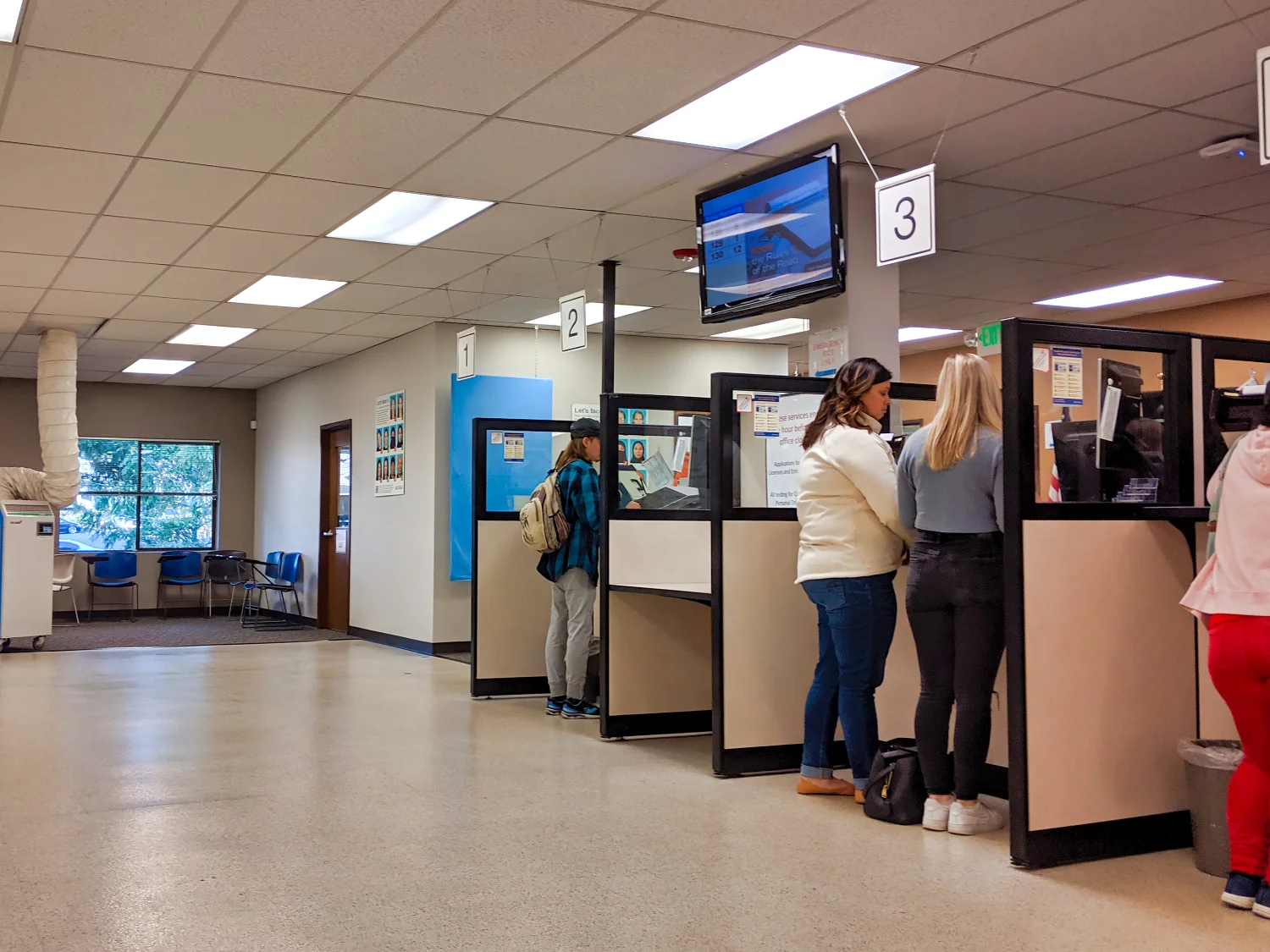The immigration reform has sparked widespread debate in both political and social spheres. Recently, the government announced a decree aimed at simplifying immigration regularization procedures, eliminating bureaucratic barriers, and establishing faster and more transparent processes for migrants. The measure includes digitalizing forms, reducing waiting times, and implementing new tracking tools for each application.
Authorities claim that this reform will allow thousands of migrants to integrate more effectively into the labor market and social life, improving their access to essential services such as education and healthcare. Additionally, it is expected to boost economic growth by opening new opportunities and revitalizing sectors that rely on migrant labor.
However, various experts and human rights organizations have stressed the need to implement control mechanisms to prevent potential fraud or abuse. Academic institutions and NGOs have called for periodic audits and transparency guarantees in the application of the decree. The proposal will be debated in Congress next week, where opposing views are expected: supporters highlight its potential to modernize the immigration system, while some legislators and critics call for additional adjustments to ensure fundamental rights are protected.
In summary, this immigration reform presents an opportunity to renew the integration system, but it also requires a careful balance between administrative openness and rigorous oversight to protect both migrants and society as a whole.



